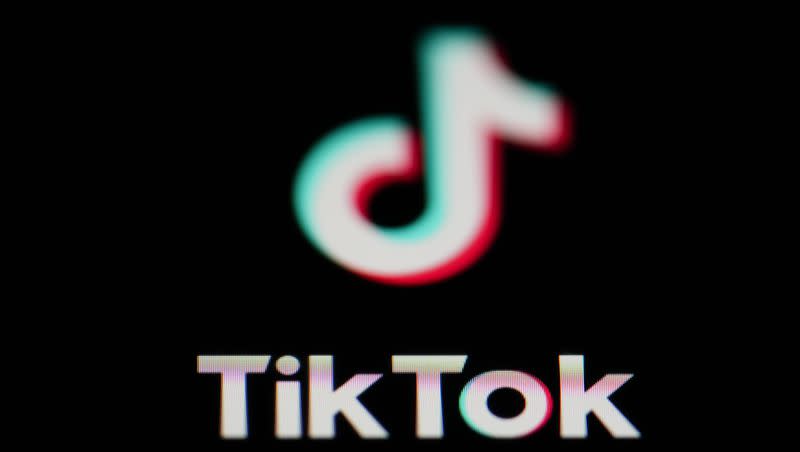The slang terms circulating on TikTok — and what they mean

Gen X, millennials, boomers ... with each generation, we seem to get a new language.
The newest new words are slang terms from those just entering their teenage years. Generation Alpha are those born starting in the year 2010; they’re the children of millennials and the younger siblings of Generation Z.
Mark McCrindle, the founder of an Australian consultancy firm who coined the term Gen Alpha, says once all of Gen Alpha has been born by 2025, it will be the largest generation in the history of the world.
Related
Gen Alpha is already making its mark on social media as the oldest of the group turn the magic age of 13, when it’s legal for them to join sites like Facebook. As they flock to TikTok, they’re spreading hashtags and introducing the rest of us to some terms we’ve never seen.
Even though this vernacular may be new to those of us with a few years under our belts, it’s important for those trying to keep kids safe online to become familiar with it. It’s also nice to know what those middle schoolers are talking about when these words come out of their mouths.
Here are some of the most popular words and phrases on TikTok, many of which originated with Gen Alpha or Gen Z.
Rizz/Rizzler
The ability (or someone who has the ability) to be charming; short for “charisma.”
Dictionary.com says social media influencer Kai Cenat has used the word for at least two years.
Delulu
Short for delusional, it means someone believes something extraordinary will happen, even when it’s unlikely.
Delulu originated from people making fun of K-pop fans who believed one of the singers would ever fall in love with one of them. But a licensed clinical social worker wrote in Psychology Today that “believing in oneself and one’s abilities can be a powerful psychological tool to overcome challenges.”
Heather
People may describe someone as a “Heather” on TikTok to signify a socially desirable person. Younger people will trace this back to a Conan Gray song about being in love with but also hating someone named Heather who doesn’t return the love.
But older users were using the term before the Gray song ever appeared because of a popular movie from the 1980s titled “Heathers.” The film starred Winona Ryder as a girl joining a clique of beautiful, popular high school girls all named Heather. People at the school envied them, hated them and wanted to be them.
Pushing P
You might see this phrase with the blue P emoji. It’s a positive thing. Rapper Gunna, who has a song called “Pushin P,” explained it means keeping it real and being a stand-up man, according to Yahoo Sports.
Sigma
You’ll often see sigma in a hashtag on TikTok along with a photo or video of Christian Bale’s character in “American Psycho.” Unlike an alpha, a leader of the pack, a sigma is a lone wolf. A Medium writer explained it is someone who is hyper-masculine, focusing only on themselves and their desire for success and wealth.
Bones Day
While this phrase has been around for a couple of years, it still makes me smile. It stems from a pug named Noodle, who was featured on the TikTok account of Jonathan Graziano.
Graziano would lift the elderly pug onto its feet and if Noodle stayed standing, it was going to be a “Bones Day,” a time to seize the day. But if Noodle melted back into his bed, it was a “No Bones Day,” meaning you should save any grand aspirations for another day, according to CNET. While these videos still circulate, Noodle went to dog heaven last year.
W
This one is pretty simple and you’ve likely used it before when talking about sports. W is short for win, and is the opposite of L for lose.
In conversation, someone may say, “That’s a dub,” referring to something good. In text or on TikTok, someone may simple comment “W” on something they think is a win.
NSFW
This acronym means “Not Safe For Work,” and is even included in the Merriam-Webster dictionary. This hashtag would be included on a post or link that may include nudity, sex or swearing, but not for violence or other sensitive topics, according to Vice. For parents, knowing the meaning is helpful in case they see it appear in their kids’ text threads or in other communication with friends.
Don’t fall under the false assumption that you should learn these words and phrases in order to incorporate them into your own vocabulary, especially in conversations with your kids. When adults do this, teens only have one word for it: cringe. But be aware, so you know whether your kids are using slang that isn’t really appropriate or some that is just plain fun.

